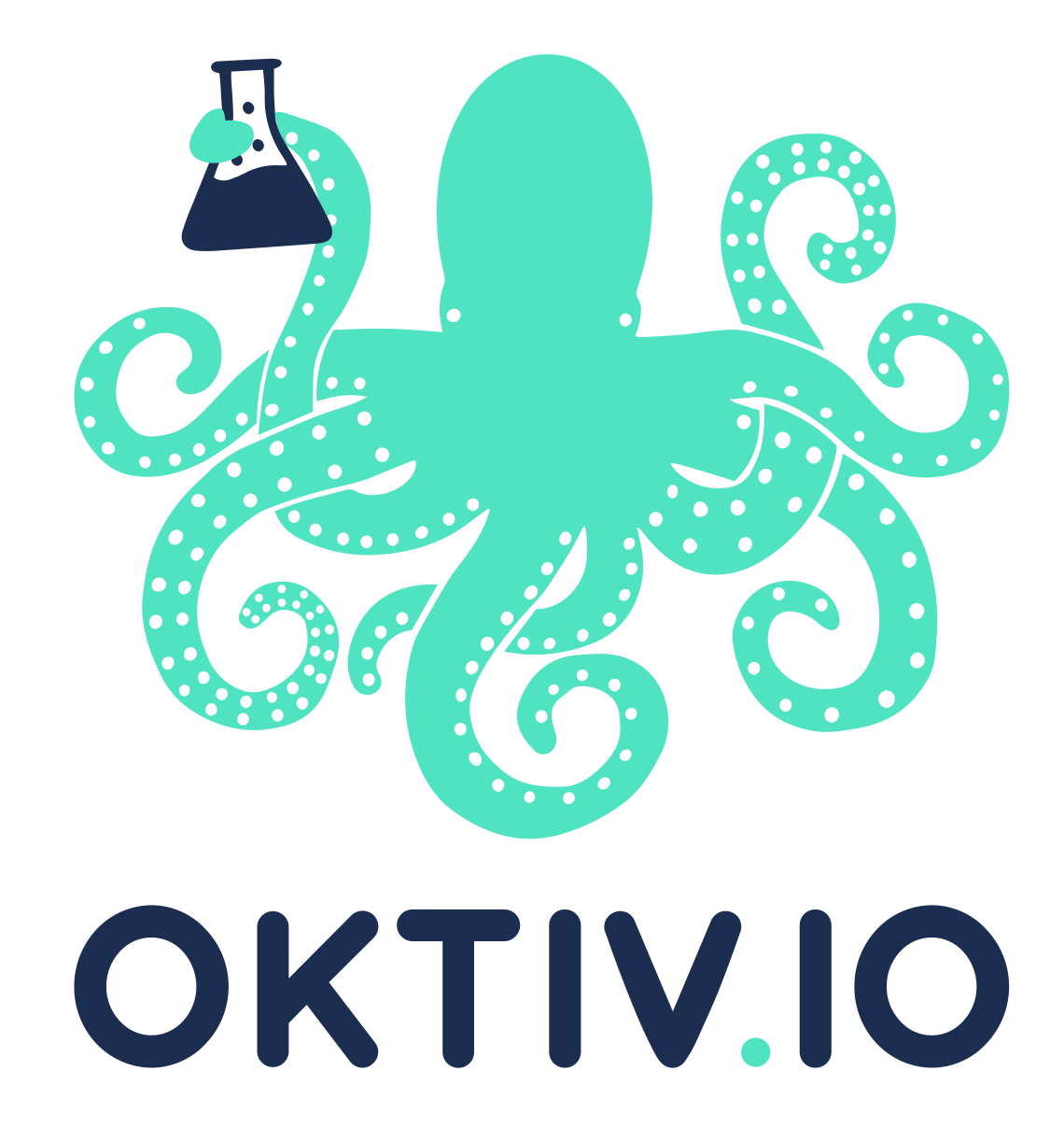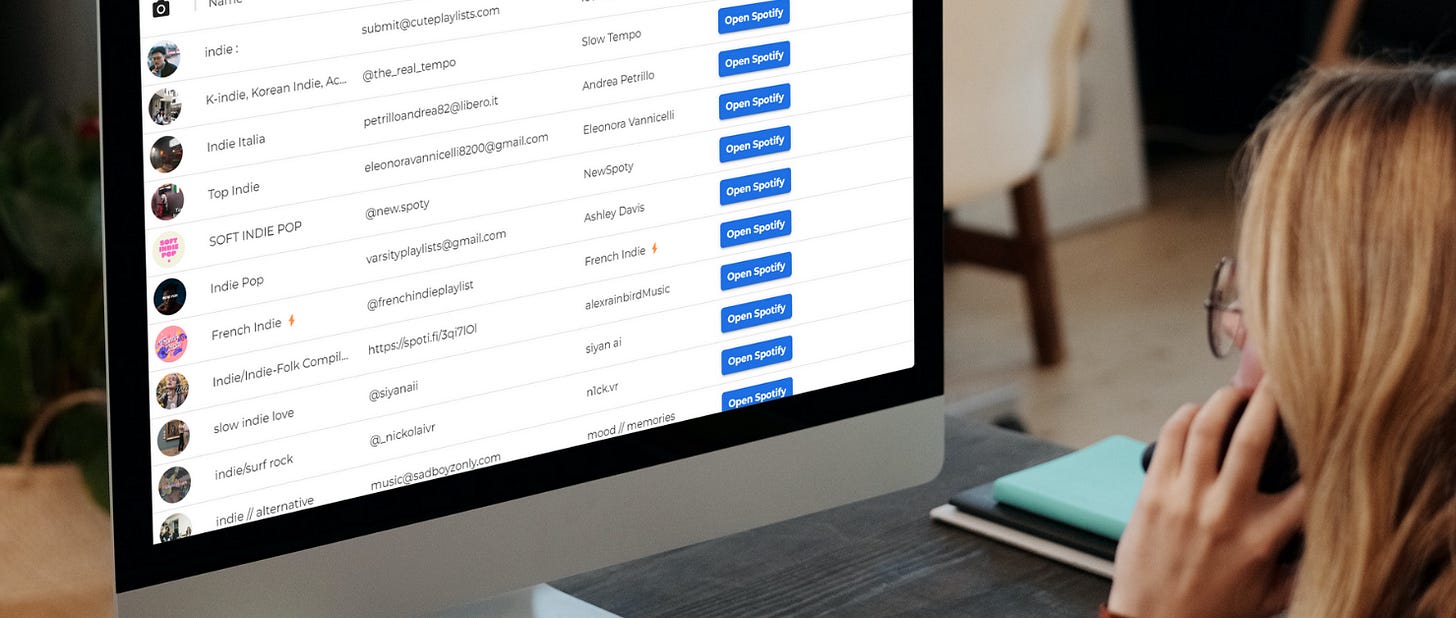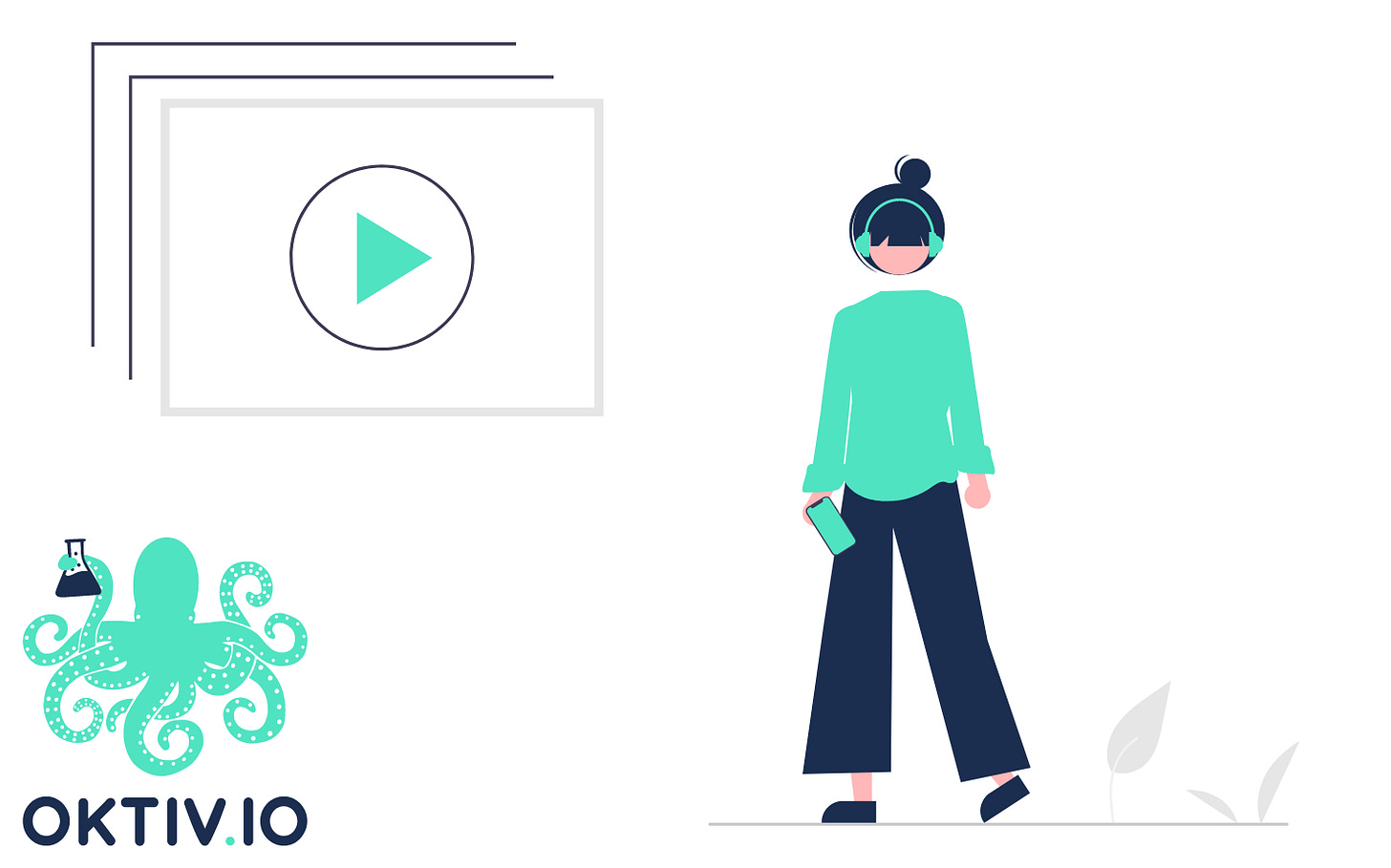The Future Is Here: OKTIV.IO Finds The Perfect Playlists For Your Music
Oktiv.io is a relatively new platform that comes as an easy to use tool to discover playlists that perfectly match your music
What happens when data engineering crosses paths with the passion for music? Well, good things, apparently: the music industry could be gifted with digital tools that would make life easier for artists, music managers and label owners. After all, the biggest problem right now is the sheer amount of information, music and promo channels available at just a click of a button.
Alexander Moores, part time professional musician and full time data engineer, has spent countless hours to finding the best playlists to fit his music. This quickly led to frustration: Spotify is so so good at recommending new music to its users, yet the reverse doesn’t apply: how to recommend the perfect playlists for your own songs. The AHA moment turned into oktiv.io, a platform that uses machine learning and digs deep into Spotify’s official API. Based on a list of keywords and the music found on the artist’s Spotify profile, the oktiv.io algorithm starts matching playlists with one’s music blueprint, delivering a list of playlists with a high potential of adding your music.
Think about a playlist search tool that does all the heavy lifting for you, leaving you time to create music.
We sat down for a quick chat with Alexander Moores, CEO and founder, to understand his perspective on the music industry and where does oktiv.io fits in this complex world of music promo.
If you haven’t subscribed to our newsletter yet, it’s time to do it. Music promo tips & tricks, detailed music marketing strategies as well as tools that would make your independent artist life way easier. Hit the subscribe button below.
First of all, thank you for accepting our invitation for this interview. So, what’s your story? Do you have a background in the music industry?
Thanks for the invitation! My name's Alexander - I'm the founder and CEO of OKTIV.IO. I'm an independent artist and have worked part time as a professional musician, but most of my career has been spent working in technology.
As a listener, if you create a playlist on Spotify, you'll get amazing recommendations for songs to add to your playlist. But I realised there was no way for musicians to reverse that process and find amazing playlists for their songs.
How did you end up creating a platform for supporting the artists’ promo efforts?
Like many artists, I realised the importance of playlisting through countless hours of research on music marketing. I created the initial version of OKTIV.IO for myself, so that I could find playlists to pitch my music to and learn more about the Spotify algorithm.
As a listener, if you create a playlist on Spotify, you'll get amazing recommendations for songs to add to your playlist. But I realised there was no way for musicians to reverse that process and find amazing playlists for their songs. That was the lightbulb moment for me.
In times when searching for the perfect playlists on Spotify became more and more time consuming, it seems that the AI support might be a good thing. How does Oktiv.io integrate the machine learning for finding good matches for specific artists?
It's a combination of music theory and data science. OKTIV.IO uses Spotify's classification of songs to work out how well an artist's track would fit into a given playlist. The matching algorithm considers things like genre, tempo, and the sonic characteristics of songs (e.g. how 'dancey' or 'acoustic' a song is).
My theory is that the features that vary the least within a playlist are likely to define the vibe of the playlist. For example, if you have a running playlist where every song is 118-120bpm, then it's incredibly important for your song to fit within that narrow tempo range. A song at 80bpm is highly unlikely to be a good fit.
On the other hand, an acoustic coffeehouse playlist might have a wider range of acceptable tempos, but it would probably be really important for your song to score highly for 'acousticness'.
What if one artist doesn’t stick to a specific music genre? For example, he is a pop artist who goes from time to time in the EDM area also…
Our site defaults to finding playlists suited to each artist's most recent song, but users can change this at any time through their dashboard. Users can also specify their genre and other helpful keywords (e.g. location) that give the algorithm additional context.
Playlisting is an important piece of the puzzle, but it's not the whole game.
Is there a music genre that tends to return better results when using Oktiv.io?
Some genres like rap have far more playlists than others, but because of the large target market, there are also many more bot playlists giving fake streams. I always recommend that artists and labels experiment with the keywords and data they can add in their dashboard, to give the algorithm more context.
The best playlists for emerging artists are ones that are specific to their niche or built around their communities.
Expanding the question: are there any music genres more likely to provide a better success rate on DSPs when we talk about playlisting?
I think the most important thing is to find your niche and your community. An emerging artist is highly unlikely to make it onto RapCaviar, but there might be a playlist called 'Portland Underground Hip Hop' that would love to hear from you.
You can find equivalents in any genre.
From you experience: how much importance one artist should give to third party playlisting in order to achieve success on Spotify?
Playlisting is an important piece of the puzzle, but it's not the whole game. How much emphasis you should place on it really depends on what your goal is.
In my experience, playlisting is the easiest and cheapest way to get more streams from your target audience.
Facebook ads can get good results, but they can also really mess with the information that Spotify collects about an artist and prevent it recommending your songs to the right audience.
Traditional PR is expensive, but if you want to get your name in major publications that is still probably the best way to do it. Just don't expect too many streams from it - you can be featured on a huge music blog and see no noticeable change in listeners as a result.
One thing every independent artist should do is create their own playlists and update them regularly. Add your own music alongside local artists.
It's free, not very time consuming, and you can make fantastic connections through doing it.
Spotify has a single metric that determines how likely a song is to be recommended to other listeners
You’re right, as a promo tool, artists should create their own playlists and promote them into their communities. From your point of view: are there any tips & tricks to make new playlists more visible on Spotify?
I couldn't agree more!
To get started, make sure you have a professional playlist cover image and target something that is popular enough to gain listeners, but not so popular that you'll appear at the bottom of searches. I've personally had the best success with playlists that combine location and genre. People are always looking for new local artists to discover, and it's a great way to get your music in front of people who might attend your gigs. If you find that your playlist hasn't gained any traction after a few months, try changing the name of the playlist. You might have to do this a few times until you discover something that people are searching for, and that isn't already saturated. Update your playlists at least once per month, and make sure you do this consistently over the years. It's definitely a marathon and not a sprint.
A few digital streaming services, Spotify included, announced an alliance to fight against fake streams and artificially grown playlists. Where does Oktiv stand, related to this matter? Is there a way for a service like Oktiv to warn artists about shady playlists?
Yes, this is a massive problem. It's something I'm passionate about tackling and I really hope Spotify is able to take more action in shutting down playlists with fake traffic. OKTIV.IO has a feature that allows users to block curators, so they are no longer recommended playlists by them. Users can also see how many times a playlist has been downvoted or disliked by other users, which over time helps to build up collective knowledge of curators and playlists to avoid.
I plan to build more analytics around this in the future, to try to identify patterns in suspicious playlists so they can be flagged by an algorithm.
Tracking a song’s success via Oktiv.io… give us more details
There are several metrics in the user dashboard, but the most important one is Spotify's popularity rating for each song over time. Spotify has a single metric that determines how likely a song is to be recommended to other listeners, which is hidden from the Spotify app but available on OKTIV.IO.
Increasing the score of your song is the key to reaching a wider audience, so if your promotion efforts don't budge that number, it might be time to reassess your approach.
Is there anything in Oktiv’s sandbox for the near future?
Absolutely. The recent advances in AI with Large Language Models make it possible to more advanced contextual analysis on songs and playlists, which could improve playlist matching results. We're also exploring other ways to bring more value to independent artists, including content generation and web3 integrations.
How many artists / labels are using Oktiv right now?
We have a few hundred customers, and a decent portion of them are small to medium sized labels and PR companies. Our focus will always be on helping independent artists and small businesses to succeed.






